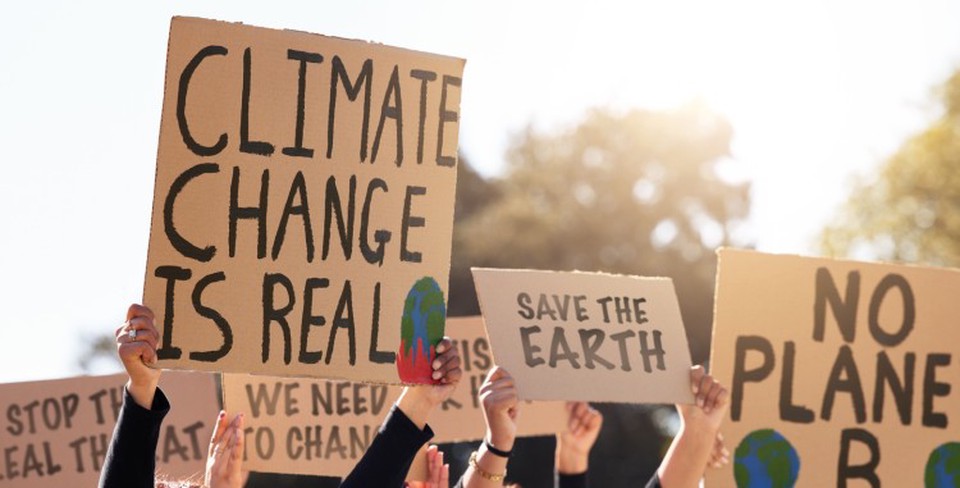
| Best of NPR |
| Climate change can be deadly. It makes all sorts of weather more extreme and can increase the prevalence of diseases. Just this week, New England experienced a record-breaking heat wave. And forecasters have predicted a brutal 2024 hurricane season. |
So is it possible to know how many people have died because of climate change?
NPR’s special series, “The Undercount: The invisible death toll from climate change,” aims to answer this question. When climate and health reporter Alejandra Borunda asked doctors what important topics she should focus on, she heard the same thing over and over: Climate change is hurting a lot of people, but we aren’t doing a good job of keeping track of how many. “We’re undercounting the damage by an enormous amount,” Borunda says.
“The Undercount” highlights people who are making efforts to count these deaths — people like George Hess, a medical examiner based in Arizona who is working on innovative new protocols to investigate heat-related deaths. Borunda says these efforts aren’t just an “academic exercise.” By understanding the scope of the problem, she says, “we can help people better understand the specific steps needed to protect people.”
Alongside these researchers, NPR is also giving space to people who have lost loved ones to climate worsened disasters to tell their stories.These “climate remembrances” include stories like Mandy Messinger’s. When Hurricane Ida hit Louisiana in 2021, the waters didn’t stay in Louisiana. Bands of rain moved north. The floods caught Messinger’s father as he was driving home in Philadelphia. He drowned in his car.
“Many of these deaths were avoidable,” Borunda says. “All have real, devastating impacts on the lives of their loved ones left behind.”
Borunda hopes that this series will help readers realize that climate change has real, human costs, and it’s not just theoretical. Still, readers shouldn’t get discouraged by these stories. “I have been endlessly heartened by meeting dozens of passionate, smart, empathic people who have dedicated themselves to mitigating the harms.” she says. “It takes seeing a problem clearly to come up with good solutions. This may sound too ambitious, but we hope this work will eventually help save people’s lives.”